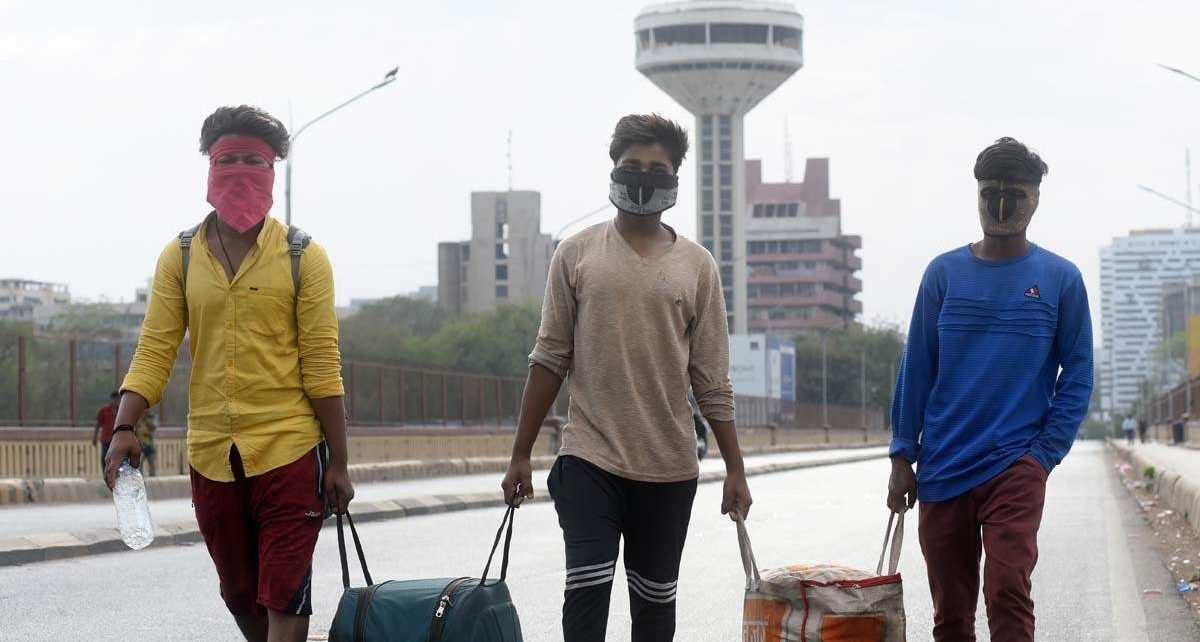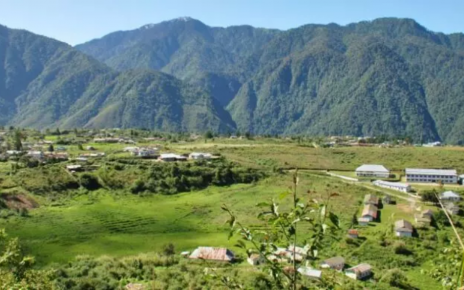The Economic Times
07/04/2020
“Reverse migration, possibly carrying the virus, can have devastating impact on indigenous communities,” it said adding that it can wipe out endangered indigenous peoples of India and further, permanently damage the survival of many communities.
Reverse migration of indigenous peoples in the post lockdown period could destroy India’s tribal communities largely concentrated in ten states and in the North-Eastern region, says a joint study by Denmark-based International Work Group for Indigenous Affairs and the Indigenous Lawyers Association of India.
As per the study, as COVID-19 destroys economies and absence of jobs, homes and food loom large; these indigenous migrant workers are all set to return to their traditional areas without access to testing facilities to detect the virus.
“Reverse migration, possibly carrying the virus, can have devastating impact on indigenous communities,” it said adding that it can wipe out endangered indigenous peoples of India and further, permanently damage the survival of many communities.
Citing the report of the expert committee on tribal health, it said almost 55% of India 104 million tribal population live outside the 809 tribal majority blocks.
The study highlighted various problems being faced by indigenous peoples under COVID-19 such as racial discrimination and attacks on Northeast people, loss of jobs and reverse migration to native places, indigenous migrant workers stranded by the lockdown without adequate food, and impact on traditional livelihood of indigenous peoples.



